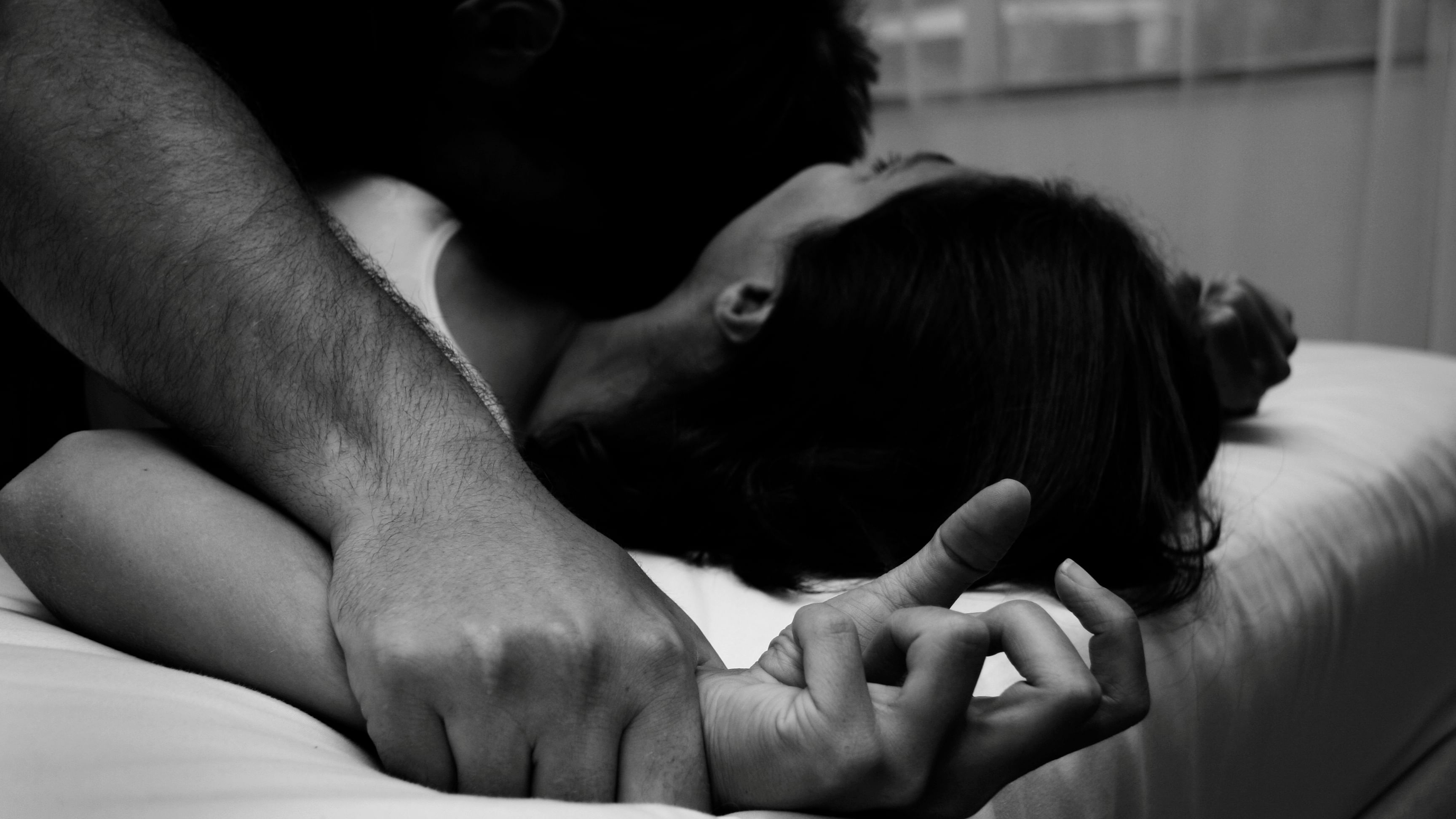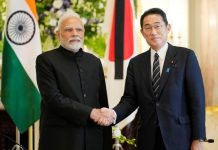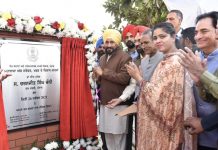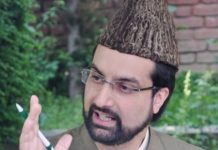
The Delhi High Court is now hearing a bunch of petitions seeking criminalization of marital rape in the country and withdrawal of the protection provided to husbands against being booked for rape.
Feminists have long demanded criminalizing of marital rape because marriage is not a lifelong consent. In fact, India is one of the 36 countries in the world where marital rape is not criminalized. However, feminists and women rights activists have for long been raising voice against it.
The Delhi High Court, is now hearing a bunch of petitions seeking criminalization of marital rape in the country and the protection provided to husbands against being booked for rape. A two-member Delhi HC Bench has observed that it is merely having an ‘open discussion’ before arriving at a judgment. ‘A husband has no business to compel but the court can’t ignore what happens if it strikes down the exception,’ the Bench observed, adding: ‘The husband goes to jail for 10 years if he does this even on one occasion… We need a much more incisive insight into the issue.’
Since it is not a crime to rape one’s wife, the National Crime Records Bureau (NCRB) does not maintain any separate statistics on marital rape. In the year 2000, the Law Commission had opposed criminalizing marital rape, arguing that ‘it may amount to excessive interference
with the marital relationship’. In 2013, the JS Verma Committee recommended that marital rape be criminalized, but four years later, a Parliamentary Standing Committee opposed it on the grounds that ‘the entire family system will be under great stress’ if it were criminalized. The domestic violence is a crime that is rampant but grossly underreported, and criminality of sexual violence in a marriage must be acknowledged and marriage must not be considered as lifelong consent.

Feminists and women’s rights groups have long demanded criminalizing of marital rape. The orthodox mindset is that a woman’s body, after she gets married, is her husband’s property. In other words, a woman, whether she likes it or not, grants perpetual consent and a licence for cohabitation to her husband. Sometime back, the High Court of Chhattisgarh had observed that sexual intercourse by a husband with his spouse would not constitute rape even if it was against the consent of the wife.
In 2018, a private Bill was introduced by Congress MP Shashi Tharoor in the Lok Sabha, seeking to criminalize marital rape, among other rights. However, it lapsed after the failure to garner support from the elected government. While recommending changes to India’s rape laws, the Justice JS Verma Committee, constituted after the Nirbhaya rape case, said in 2013 that forced sex between spousal partners should also be considered as rape and punished as a criminal offence.
The government, however, did not accept this arguing that such a move would destroy the institution of marriage.
The UN Committee on Elimination of Discrimination against Women had in 2007 and 2014 asked India to criminalize marital rape. One of the arguments being used against it is that women can misuse such a law if it came into force and they would file false cases of rape against their husbands. There is an urgent need for the judiciary to recognise marital rape as an offence under the Indian Penal Code.
Now the Delhi High Court is hearing PILs by NGOs RIT Foundation, All India Democratic Women’s Association and two individuals who have sought striking down the exception in the Indian law, saying that it discriminated against married women being sexually assaulted by their husbands. The plea is that the exception in Section 375 of the Indian Penal Code, which exempts forceful sexual intercourse by a man with his own wife from the offence of rape, must be viewed as an “instrument of oppression”.
The exception in Section 375 IPC decriminalizes marital rape and mandates that sexual intercourse by a man with his wife, the wife not being under fifteen years of age, is not rape. Arguing before a bench of Justices Rajiv Shakdher and C Hari Shankar, senior advocate Rebecca John, told the court that exception 2 of IPC 375 is a colonial legacy.
She said the court will uphold the physical integrity of women by striking it down and putting the people to notice that a marital partner’s consent must be respected. “What is written in exception 2, which has been given to us from a doctrine, propounded 200 years ago by our colonial masters, does not reflect either the Indian man or the Indian woman, certainly not the Indian marriage. The colonial masters have done away with it. We continue to hang on to that legacy,” John said.
She argued that the section gives dominance to the husband or the man
in the marriage, while completely disregarding the “no” by the wife and making her a subordinate partner in the alliance. She contended that if the court holds the same to be unconstitutional, it will not be creating a new offence as the same already exists, but only a class of individuals who at present enjoy legal immunity from the prosecution will lose it.
She submitted that the expectation of sex or a meaningful conjugal relation within a marriage is fair, and that there may even be a unilateral expectation for sex in a given case. “If that expectation is not fulfilled, then the spouse has every right to resort to civil remedies. However, when the expectation within a marriage becomes a physical act based on coercion and force and is non-consensual, causing harm or injury… then that sexual act must become an offence,” John said. While referring to the consequences, John asked whether the court will allow a husband, who is suffering from a venereal disease, to claim the exception and also permit it in a case where a woman is ill and a sexual relation will have detrimental effect on her health.
Also arguing before the bench, senior advocate Rajshekhar Rao submitted that a “rapist remains a rapist irrespective of the relationship” as he read out from the Verma Committee report which had recommended the criminalization of marital rape. Exceptions of section 375 IPC decriminalizes marital rape and mandates that sexual intercourse by a man with his own wife, the wife not being under 15 years of age, is not rape. The marital rape exception, thus, creates a legal fiction where, even if all the requirements for rape are otherwise fulfilled, the law deems not to be rape if the parties are married and the woman is above 15.
Gautam Bhatia, a Delhi-based advocate and the one involved with drafting one of the petitions before the high court, reportedly observed that if sexual assault takes place five minutes before a marriage is formalized, it is rape; but five minutes after, it is not.
The indisputable fact is that the marital rape exception means that consent is irrelevant to the question of rape in a marriage. For that reason alone, the court — whose task it is to uphold and vindicate everyone’s right to equal treatment and non-discrimination — should strike it down.












